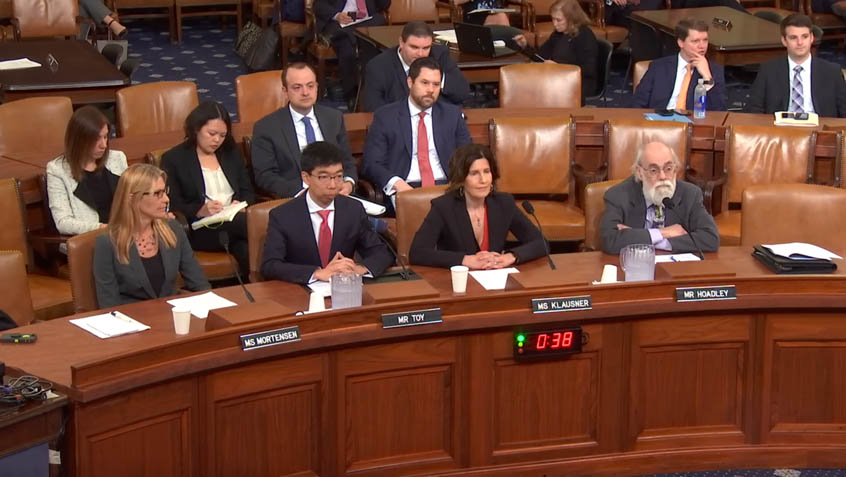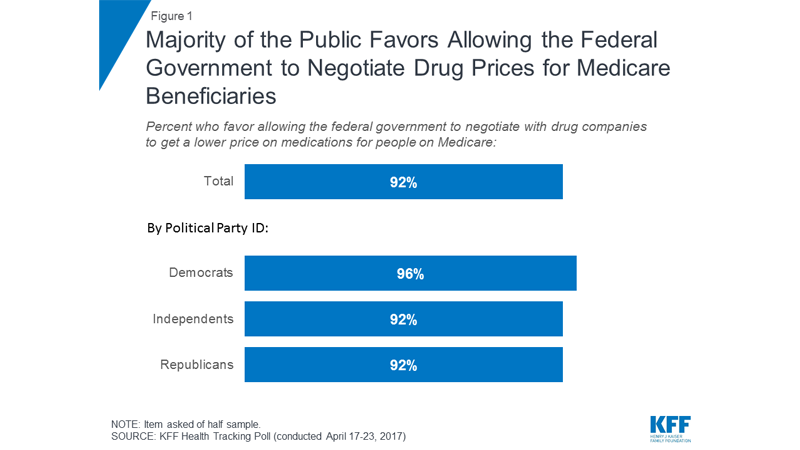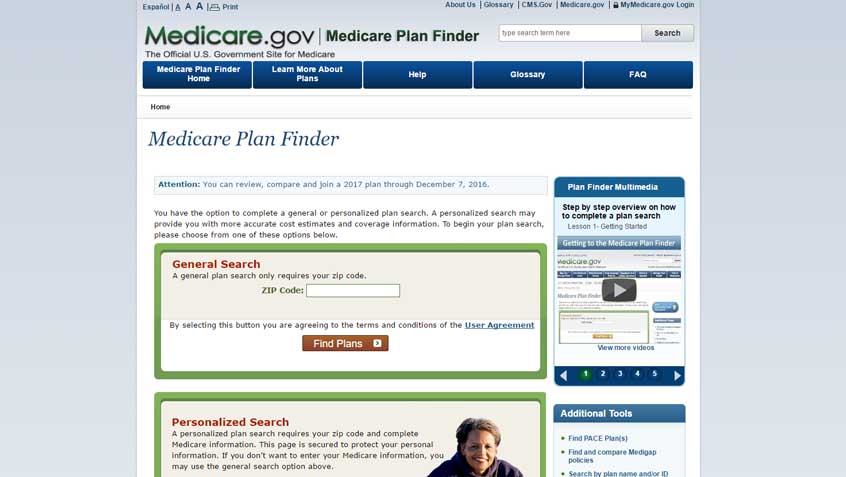
Hearing on the Medicare Advantage Program Highlights Need for Improved Beneficiary Outreach and Education
This week, the U.S House of Representatives Committee on Ways and Means Health Subcommittee held a hearing on the Medicare Advantage (MA) program. MA allows people with Medicare to choose a private insurance option instead of traditional Medicare. Witnesses included representatives from two MA plans—Andrew Toy of Clover Health and Daphne Klauser of Independence Blue Cross—who spoke to their experience administering MA plans, as well as Dr. Karoline Mortensen, Associate Professor of the Department of Health Sector Management and Policy at the University of Miami Business School, who discussed quality measures in MA plans. Dr. Jack Hoadley, Research Professor Emeritus at Georgetown University’s McCourt School of Public Policy and former Commissioner on the Medicare Payment Advisory Commission (MedPAC) also testified, speaking for himself and not on behalf of Georgetown or MedPAC.









